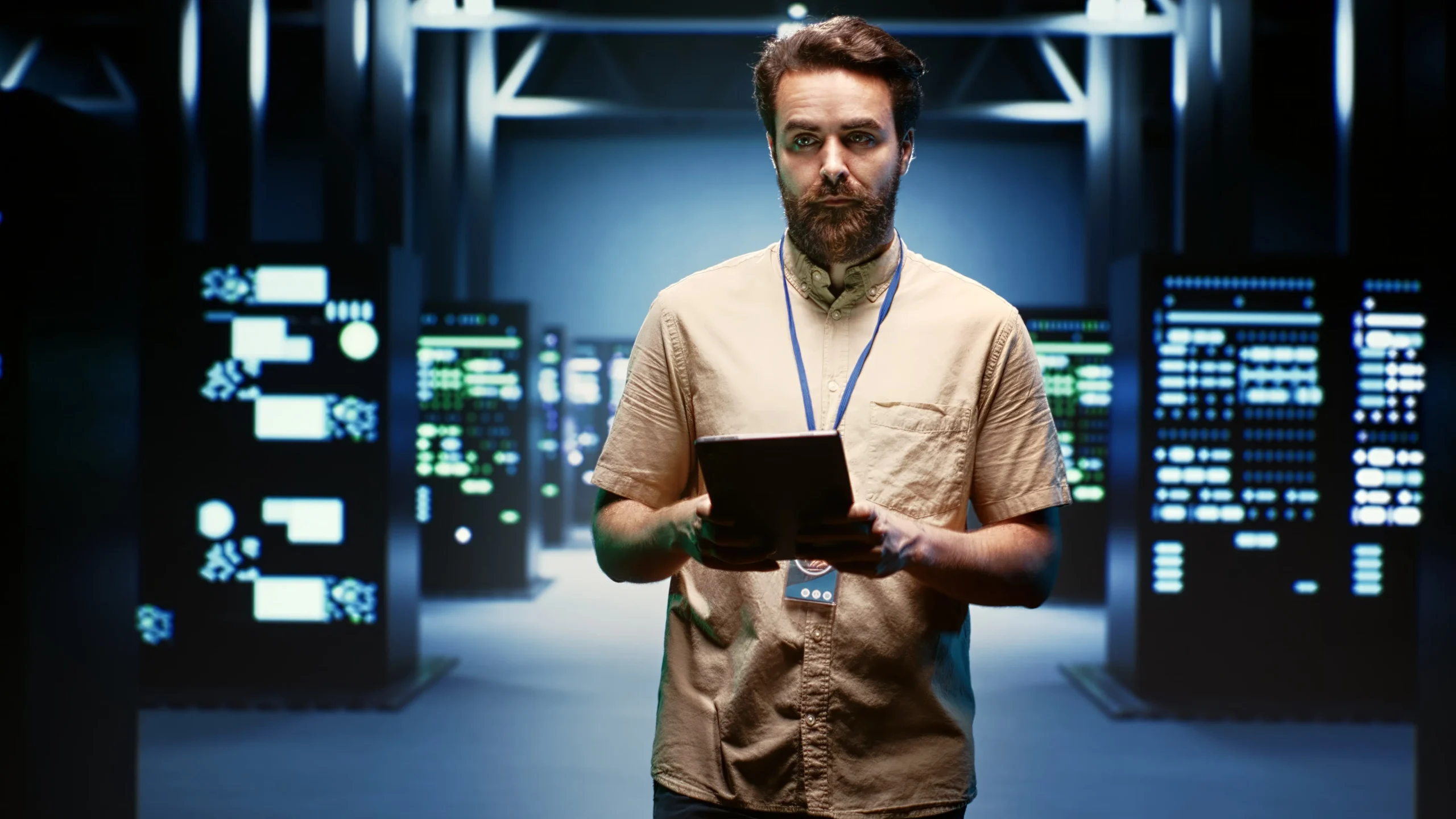In the rapidly evolving digital landscape, software development has emerged as a coveted career path for many. It’s a realm where creativity meets logic, and the demand for skilled developers is skyrocketing. But how does one transition from an enthusiast to a professional in this field? Let’s dive into the journey of becoming a software developer.
The Foundation: Education and Skills
1. Learning the Languages:
The alphabet of software development starts with programming languages. Python, Java, JavaScript, and C# are some of the giants you should be familiar with. Each language has its own syntax and use-case, making it crucial to understand which aligns best with your career goals.
2. Grasping the Fundamentals:
Before you start building, you need to understand the basics. Data structures, algorithms, and database management are the building blocks of software development. These concepts are critical in solving problems efficiently and effectively.
3. Continuous Learning:
The tech world is ever-changing, and so are its tools and technologies. Staying updated with the latest trends and advancements is not just recommended; it’s essential.
The Practical Arena: Hands-On Experience
4. Projects and Portfolios:
Theory is one side of the coin; the other is practical experience. Start with small projects and gradually move to more complex ones. This not only enhances your skills but also gives you a portfolio to showcase to potential employers.
5. Open Source Contributions:
Contributing to open-source projects can be a game-changer. It exposes you to real-world projects and collaboration with other developers, giving you a taste of professional development environments.
6. Internships and Networking:
Internships provide invaluable experience and industry connections. Networking, both online and offline, opens doors to opportunities and insights from seasoned professionals.
The Launchpad: Entering the Professional World
7. Building Your Brand:
Create a strong LinkedIn profile, contribute to forums like Stack Overflow, and maintain your GitHub repository. Your online presence is your digital resume.
8. The Job Hunt:
Tailor your resume for each application, highlighting relevant skills and experiences. Prepare for technical interviews, and don’t get discouraged by rejections. Every interview is a learning opportunity.
9. Continuous Growth:
Once you land a job, the learning doesn’t stop. Seek mentorship, take on challenging projects, and consider further education, like certifications or a master’s degree, to advance your career.
Conclusion
Becoming a software developer is a journey of continuous learning and adaptation. It’s about building a solid foundation, getting your hands dirty with real code, and then launching into a world brimming with opportunities. With dedication and perseverance, you can turn your passion for technology into a thriving career. Remember, in the realm of software development, the only constant is change, and your ability to adapt is your greatest asset.

Dawei is a strategist and entrepreneur that trains business leaders and startup founders how to efficiently and effectively use their software teams. Dawei’s passion projects include creating country songs and performing live music at pubs in Nashville.

 (210) 653-8928
(210) 653-8928 





Leave a Reply